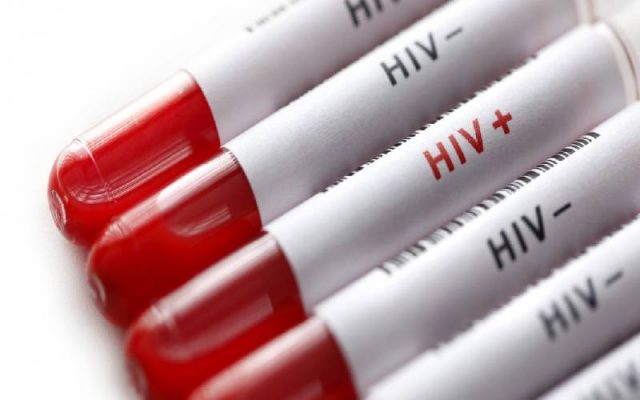
COVID-19 has been cited as a big threat in combating other notorious diseases with experts expressing fear that efforts to contain them in post-COVID-19 will be more effective. Tuberculosis and HIV/AIDS are among the most common diseases that are putting lives in danger during this period. For HIV one would wonder why, yet there in most of the countries adversely affected by the COVID-19 have been stringent measures like lockdown and curfew which have restricted movement limiting how often people meet.
Health experts say, that although lockdown and stay at homes have helped in containing COVID-19, these directives may heavily undermine efforts to contain the virus. Travis Sanchez an epidemiologist at Emory University carried out an online survey of around 1,000 sexually active adults. Half of them reported that they had experienced a drop in the number of sexual partners they would have and a slow down on their addiction to hook up sites, which implies that the rate of HIV transmission slowed down.
However, a quarter of this population said that they struggled to get tested for sexually transmitted diseases as a majority of the centres that used to provide these services had been shit down due to the pandemic. This implies that these adults will probably continue having sex during lockdowns which the expert say is a ticking time bomb.
“It’s very likely that people’s risk behaviours will resume before they will have full access to prevention services. And I think that combination could lead to increases in HIV transmission,” he said.
More experts and healthcare professionals fear that with such trends the y global target to cut HIV infections by 75 per cent might by the year 2025 not be attainable. They say the decrease in the availability of testing and limited access to treatment and prevention services may result in more infections and poor health outcomes in the long run.



